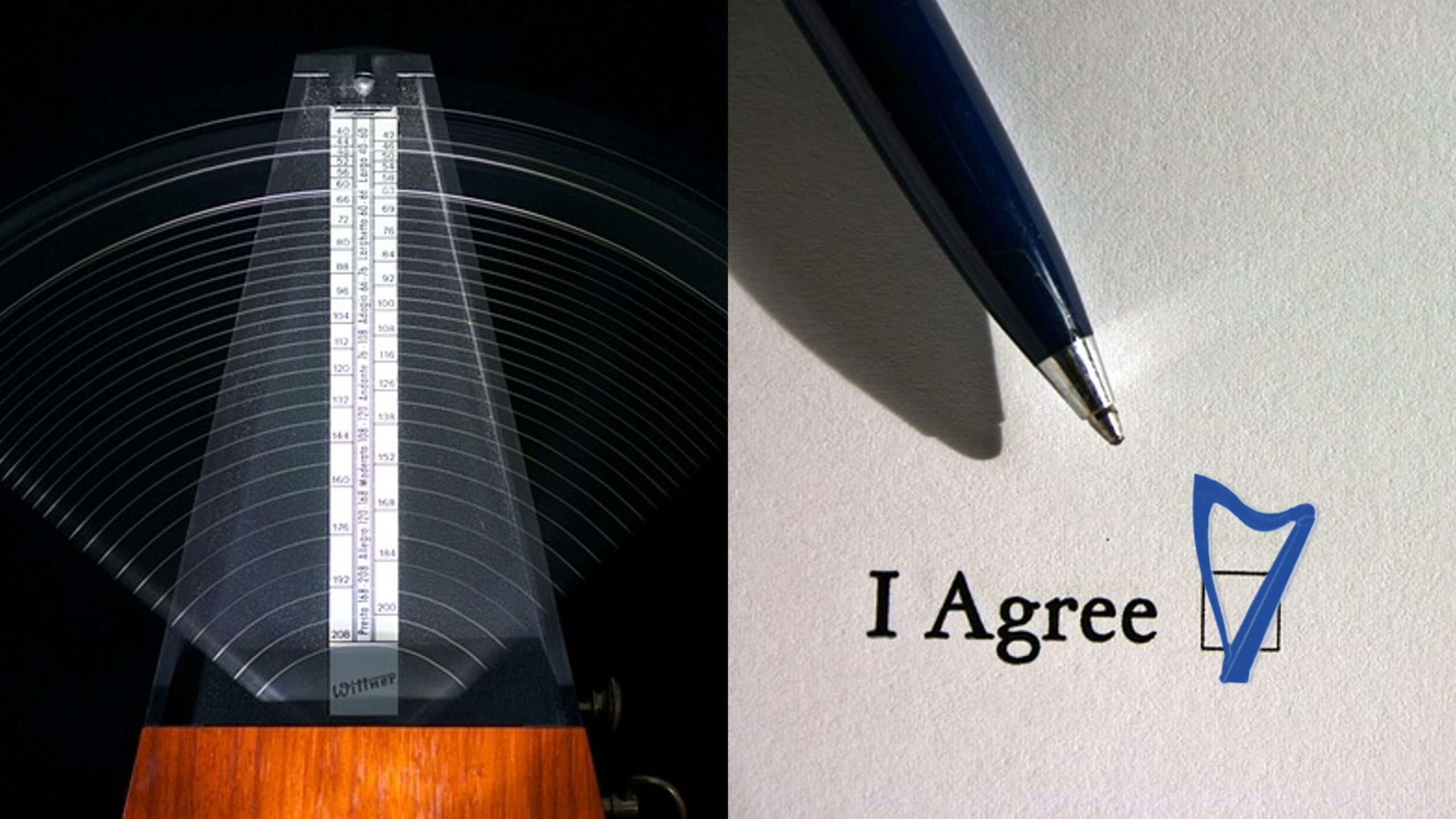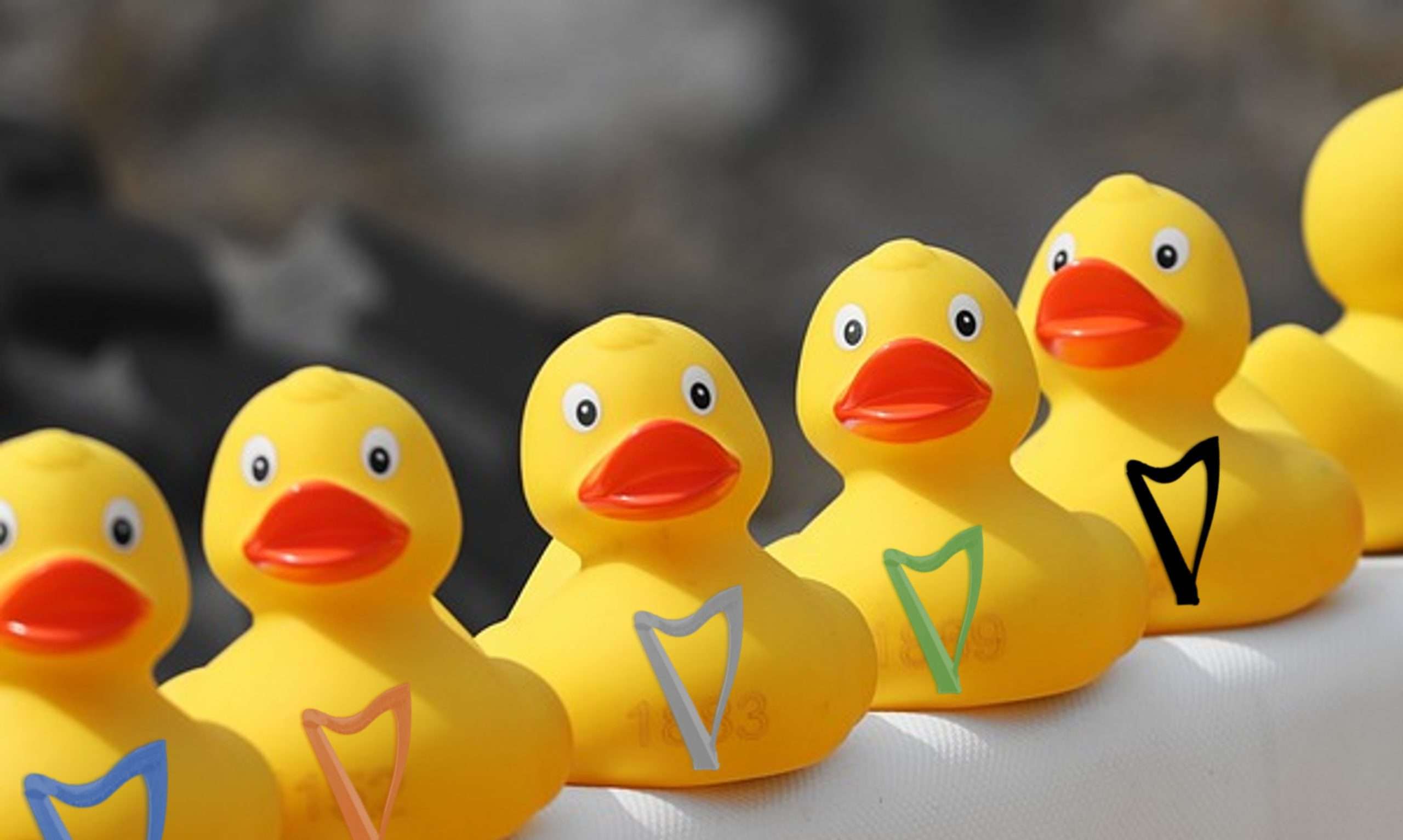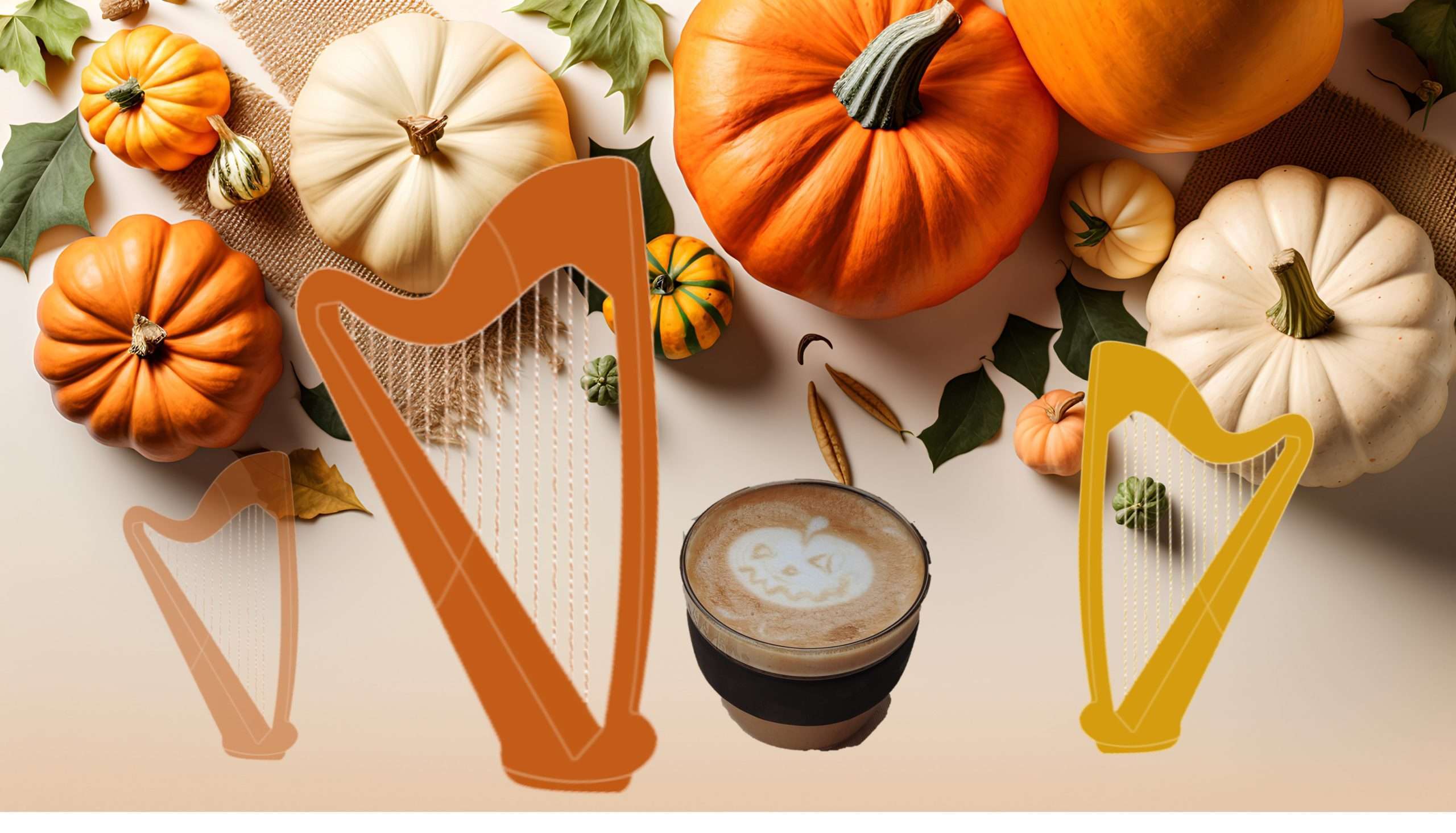It’s not too late
One of my favorite Christmas carols is one that I don’t think I ever sang. I still don’t sing it. I don’t know the words. But it’s still my favorite.
Why? Don’t know. It’s just another one of those tunes that wakes me up in the middle of the night, running through my head.
I learned this tune (I know, i just said I never sang it – but I do know the tune!) listening to Christmas records as a kid. We had an album with it. It was sung by a Boys’ Choir (could have been Vienna, St. Martin’s, Ersatz, not sure). I imagine that I remember the cover but I think it have concocted an amalgamation of the covers of the ones I remember best. I don’t remember ever hearing it on the radio or in the Christmas specials on TV. But it has not left me.
I also never remembered the name of it. I never got any of the words (no liner notes – the ONLY way I ever get lyrics right!). And so, into my adulthood, it remained this tune that ran through my head, unaccompanied by a desire to play it, to seek it out (after all, it comes up unbidden!). Until, one day a dear friend started to tell the story of a defining moment in his life. I won’t tell his story here (he tells it brilliantly and it is his story) but it centered on the Christmas carol, Once in Royal David’s City. I hadn’t ever heard that one, so I asked him and he graced me by singing it (in his lovely voice).
And then I knew…it was that tune I love that I didn’t know the name of!
And that sparked a (new) desire to actually play this tune that has been on intermittent repeat (to be fair, it didn’t play in my head for years there in the middle). It is from a hymn tune originally entitled Irby written by the English composer (1805 – 1876). He was an interesting guy – he was a champion for Beethoven, Bach. And apparently a brilliant organist – Mendelssohn selected him to play a premiere. Of course, I think he’s fab – he invented a new kind of organ because the ones available weren’t serving the music well enough! (OBTW, if you’re interested, the lyrics were written by Irish poet Cecil Frances Alexander, herself wonderfully accomplished as well.)
So, after all that, I really enjoy playing this carol (still don’t know the words!). But since I enjoy it so much, I wanted to share it with you! It’s a fairly simple tune so for a little work, you could have it ready for Christmas if you like. It’s not one everyone plays, so it’ll be a nice addition to your set. I, of course, have written an arrangement and I’d be delighted if you play it. But remember two important things. First, the melody is the thing (so play at your level). Second, be you! This is how I might play it but feel free to start here and do you! You’ll find it here.
I hope you enjoy it – let me know how it goes in the comments!











